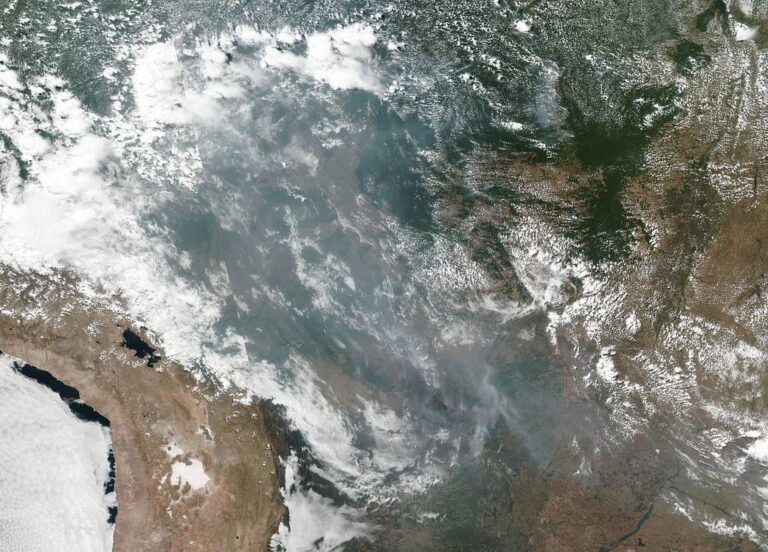Las Damas: The New Generation of Latina Writers
A student of mine asked the other day if Latinos still wrote. He was dead serious. And by the reddening at the tops of his ears I could tell it was a completely sincere question, a bold one with all of the shame that fills the liminal space between a bold question and the professor’s answer.
Tongues were clucked, little exasperations were aired. One kid even went daaaaaaaaaang for a really long time. And I have to admit, at first even I was like daaaaaaaang, because this is a Chicana/o course that I’m teaching. But when I asked my student to unpack his question with me, I found out he really wanted to know Who are the new Latino writers? Like, the not old ones.
He literally said that—not old. And I laughed so hard. Not because it was a dumb question but because it was an incredibly astute one, a smart one, and I told him so. His ears still kept red but it opened a discussion not only about the state of Chicana/o Lit but about Latina/o Lit at large: What are Latinas/os writing about these days? And who are they and why don’t we know more about them yet? Where are they writing? What are the names of their books? Are they friends with Junot Diaz? THEY’RE NOT FRIENDS WITH JUNOT DIAZ?!
Freshmen have this incredible knack for asking these questions everyone is thinking about but nobody is really asking yet. And I love them for it. I’ve compiled this list of my favorite new(ish) Latina writers for them and also for anyone else who has dared to ask: who are the new voices of Latino writing?
Natalie Díaz’s debut collection of poems, When My Brother Was an Aztec (Copper Canyon Press), is something of a heavyweight in the poetry world right now, as well it should be. A poet buddy of mine recommended this poetry collection to me and it’s quickly become my favorite collection this year. Other poet buddies might argue otherwise, but I see Natalie Díaz’s work as an extension of Jimmy Santiago Baca’s meditation on masculinity, drug addiction, and roots of masculine trauma—and, by extension, family trauma.
You’ll love this writer if you love: Jimmy Santiago Baca’s collection Healing Earthquakes, awesome book covers, former pro-basketball players turned writers.
Liliana Colanzi’s debut novel, Vacaciones Permanentes (Tropo Editores), hits at the core anxiety of every generation: how to avoid making the mistakes of your parents. Colanzi is part of the new generation of writers helping keep Bolivian writing on the map, not only in Latin America but worldwide. Her narrative voice is casual but complex and incredibly introspective, and she paces her novel with the intimacy of a short story. I’d argue that her pacing, the way she lets the narrative unravel, is the real magic of her writing. And she’s definitely a writer who, I believe, is going to be translated widely in the near future.
You’ll love this writer if you love: bildungsroman introspectivity, great new writing from Latin America, post–coming of age narratives.
Jaquira Díaz’s writing seems to be everywhere these days. Her non-fiction was acknowledged as a “notable essay” in 2012’s Best American Essays, and her fiction has earned her a prestigious Pushcart Prize and a MacDowell Colony fellowship, in addition to a slew of other prizes. I first encountered her work on Salon, a two-sentence story on lost love so powerful it reads with the depth of a novel.
Jaquira Díaz is a stylist of the best variety. She can be quiet like Carver or boisterous like Fitzgerald. She’s as precise with her language as she is complex with her characters, and the pairing of these two strengths makes her narrative acumen incredibly powerful and undeniable. You absorb her stories, you devour them. And this is why I believe she’ll be around for decades to come.
You’ll love this writer if you love: stories about teenagers, cutting edge narratives from the Puerto Rican diaspora.
Patricia Engel’s incredible short story collection, Vida (Grove Press), is what most people who completed an MFA within the last three or four years will know her for—but it’s her new novel, It’s Not Love, It’s Just Paris (Grove Press), that’s solidified her reputation as a brilliant story-teller and an expert craftswoman. She’s one of the few writers I’ve read who can write about the banalities of love while still, at the same time, writing deftly about the passionate (or compassionate) qualities of that same love. Her characters, both in her collection and in her novel, are real to us because they’re dynamic. They keep on living well after we’ve closed the book.
You’ll love this writer if you love: stories about love, studying abroad.
So, now you’re in the know; these are the new voices of Latina/o literature. Remember them, and read them.
Correction, 1 April 2014: An earlier version of this post stated that Jaquira Díaz’s work had been anthologized in Best American Essays. In fact, her work was acknowledged as a “notable essay,” but was not anthologized.


